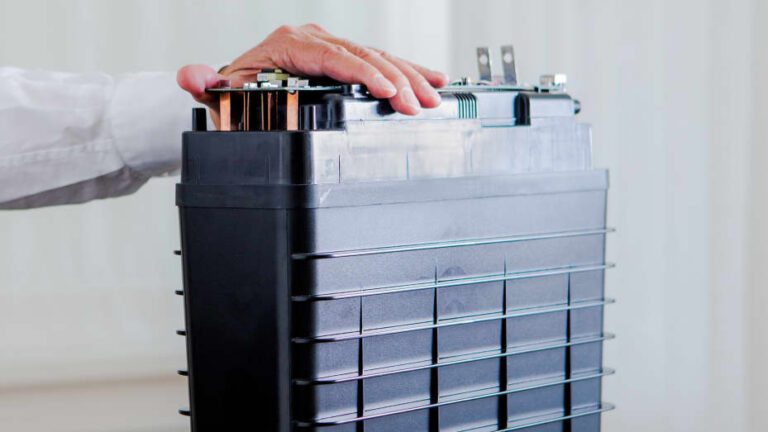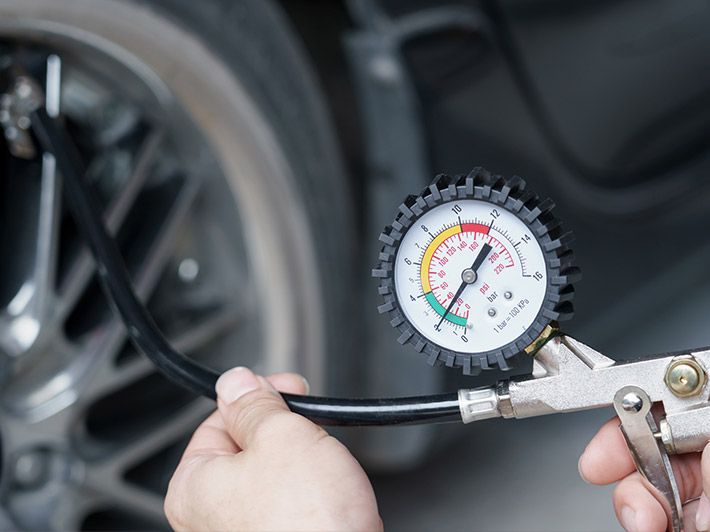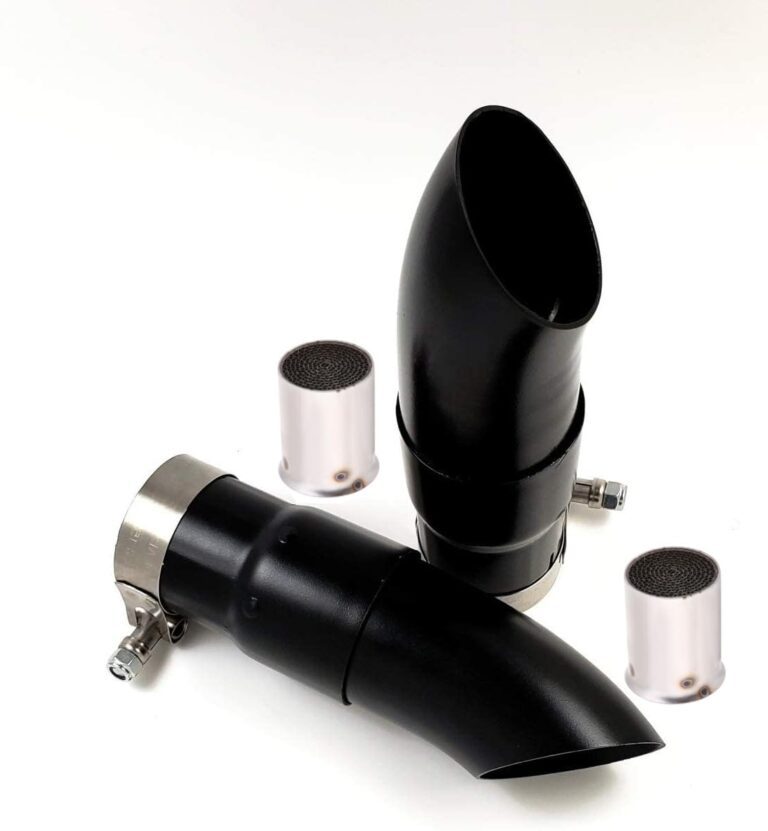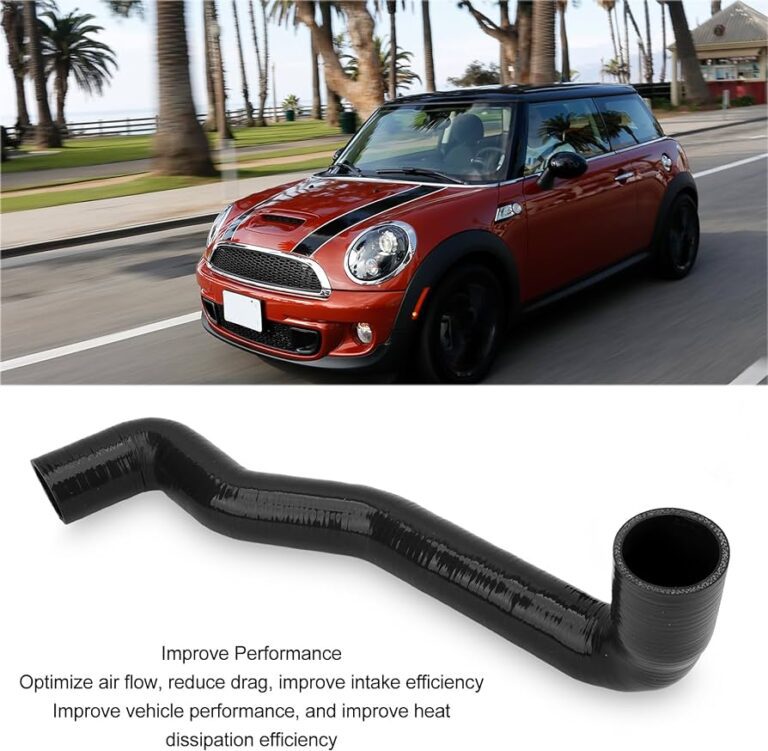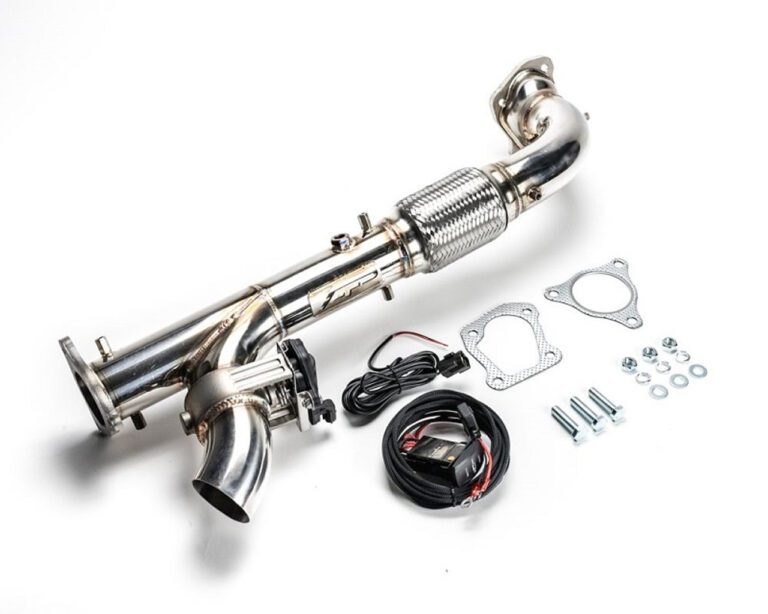Can Catalytic Converter Cause Car Not to Start? Discover the Troubling Truth
A catalytic converter can cause a car not to start due to a clogged or malfunctioning converter restricting exhaust flow. This obstruction prevents the engine from receiving the proper amount of air, fuel, and spark necessary for ignition, resulting in the car’s failure to start.
If you encounter starting issues, especially after noticing a decrease in acceleration or using low-quality fuel, it is advisable to check the catalytic converter for potential blockages or failure.
Understanding The Role Of A Catalytic Converter
Understanding the Role of a Catalytic Converter
A catalytic converter is an essential part of a car’s exhaust system. It is responsible for reducing harmful emissions and converting them into less harmful substances. This device plays a crucial role in improving air quality and reducing pollution levels.
What is a catalytic converter?
A catalytic converter is a device that converts toxic gases and pollutants, such as carbon monoxide, nitrogen oxides, and hydrocarbons, into less harmful substances before they are released into the atmosphere. It contains a catalyst, usually made of platinum, which promotes chemical reactions that transform these harmful gases into carbon dioxide, water, and nitrogen.
How does a catalytic converter work?
A catalytic converter works through a series of chemical reactions. When the exhaust gases pass through the catalyst, the harmful pollutants react with the catalyst’s surface, breaking down the molecular structure and transforming them into harmless gases. This process occurs at high temperatures and is facilitated by the catalyst’s composition.
The significance of a functioning catalytic converter
A functioning catalytic converter is crucial for several reasons. It helps to minimize the emission of harmful gases, ensuring compliance with environmental regulations. It also helps protect the environment by reducing the impact of car emissions on air quality and overall pollution levels. A malfunctioning or damaged catalytic converter can lead to increased emissions and may also affect the car’s performance.
The connection between the catalytic converter and the car’s starting mechanism
The catalytic converter alone does not directly affect the car’s starting mechanism. However, if other components in the ignition system, fuel system, or exhaust system are faulty, it can indirectly affect the car’s ability to start. It is essential to ensure that all components in the car’s starting mechanism are in proper working condition to prevent any starting issues.
Signs Of A Failing Catalytic Converter
A failing catalytic converter can cause a car to not start properly. It is important to be aware of the signs of a failing catalytic converter to avoid potential problems. Common symptoms include a decrease in engine performance, reduced fuel efficiency, and unusual exhaust emissions.
When a catalytic converter fails, it can affect the car’s starting ability. The converter plays a crucial role in reducing harmful emissions and if it becomes clogged or damaged, it can disrupt the exhaust flow and prevent the engine from starting smoothly. Additionally, a faulty converter may trigger the check engine light to turn on, indicating a problem that needs to be addressed.
Diagnostic methods are available to identify catalytic converter issues. These include using a scanning tool to retrieve trouble codes, inspecting the converter for physical damage, and performing exhaust gas analysis to measure emission levels. Professional help may be needed to accurately diagnose and repair a failing catalytic converter.
It’s important to note that a failing catalytic converter can also impact engine performance. A restricted or failed converter can cause a decrease in power, reduced acceleration, and even engine misfires. It is crucial to address any issues with the catalytic converter promptly to ensure optimal performance and prevent further damage to the vehicle’s engine.
Can A Catalytic Converter Cause A Car Not To Start?
When a car fails to start, it can be frustrating and inconvenient. One potential culprit that often goes overlooked is the catalytic converter. While the primary function of a catalytic converter is to reduce emissions, a damaged one can have a detrimental effect on other key components of the car.
One of the main issues that can arise from a blocked or faulty catalytic converter is a decrease in fuel efficiency. When the converter becomes clogged, it restricts the flow of exhaust gases, which in turn affects the overall performance and efficiency of the engine.
Furthermore, a malfunctioning catalytic converter can also impact the ignition process. Due to reduced exhaust flow, the engine may struggle to properly combust the air-fuel mixture, resulting in difficulty starting or even complete failure to start.
It’s important to note that while a faulty catalytic converter can contribute to car starting problems, it is not the sole cause. There are several other factors that could also be at play, such as a weak battery, faulty spark plugs, or a malfunctioning fuel pump.
Awareness of the potential relationship between catalytic converter failure and car starting issues can help car owners diagnose and address these problems more effectively.
Troubleshooting Car Starting Problems Linked To The Catalytic Converter
Step-by-step guide to diagnosing catalytic converter-related car starting issues:
Diagnosing car starting problems linked to the catalytic converter can be a complex process, but having the right tools and equipment can simplify the task. Essential tools and equipment for proper diagnosis include an OBD-II scanner, digital multimeter, vacuum gauge, and a pressure gauge.
Start by checking if the catalytic converter needs replacement or repair. Look for signs such as a glowing red cherry-like color, rattling noises, or a sulfur-like smell. You can also perform a backpressure test or use a scanning tool to read trouble codes.
If you’re unsure about the diagnosis or lack the necessary equipment, it’s advisable to consult professional mechanics. They have the expertise and specialized tools to accurately troubleshoot and address catalytic converter-related starting problems, ensuring your car runs smoothly and efficiently.
Preventive Measures To Protect The Catalytic Converter And Ensure Smooth Starting
Modern vehicles are equipped with catalytic converters, an essential component in the exhaust system. However, a malfunctioning catalytic converter can lead to starting problems in your car. To prevent such issues and ensure smooth starting, it is crucial to take preventive measures and provide proper maintenance for the catalytic converter.
Effective maintenance tips to prolong the lifespan of the catalytic converter include regular inspections, ensuring proper fuel quality, and fixing any exhaust leaks promptly. Regular inspections help to identify potential issues early on, allowing for timely repairs and preventing further damage. By using high-quality fuel, you can minimize the accumulation of harmful deposits in the converter, preserving its efficiency and performance. Addressing exhaust leaks promptly prevents the entry of unburned fuel into the converter, which can cause overheating and damage.
Best practices to prevent starting problems related to the catalytic converter involve avoiding excessive idling and getting regular tune-ups. Excessive idling can lead to unburned fuel entering the converter, causing clogging and starting issues. Additionally, regular tune-ups help maintain proper engine performance, reducing the likelihood of problems that may affect the converter.
Some common causes of catalytic converter damage include misfiring spark plugs, overheating due to engine malfunctions, and contamination caused by oil or coolant leaks. To avoid these issues, it is important to address spark plug problems promptly, keep the engine properly tuned, and fix any leaks that may compromise the converter’s functionality.
By ensuring regular inspections and proper care, you can maintain the optimum performance of your catalytic converter, preventing starting problems and extending its lifespan. Remember to follow these tips to protect your catalytic converter and enjoy a smooth starting experience every time you get behind the wheel.
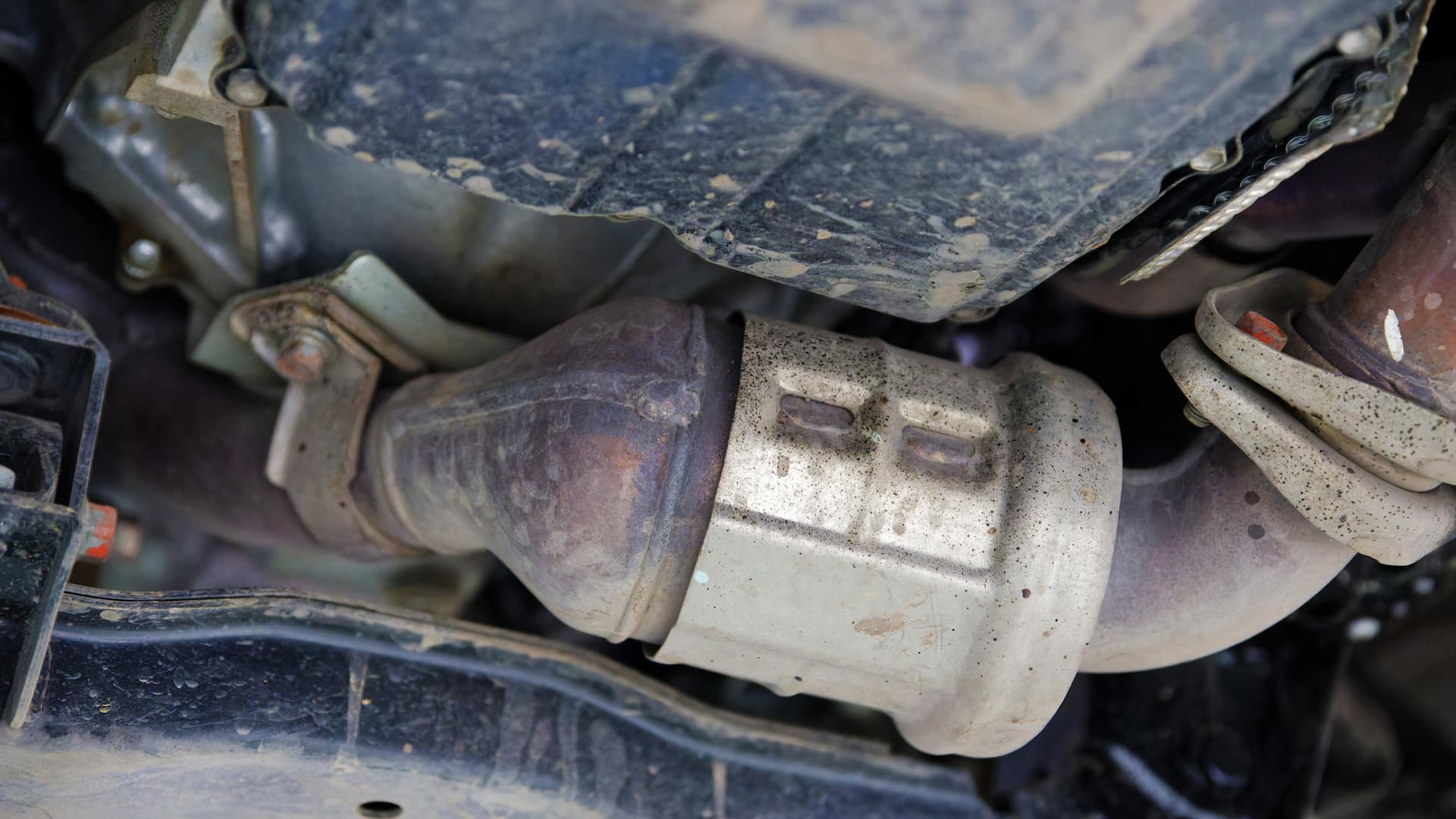
Credit: www.repairsmith.com
Frequently Asked Questions For Can Catalytic Converter Cause Car Not To Start
Will A Catalytic Converter Cause A No Start?
A catalytic converter does not directly cause a no start. However, if it is clogged or malfunctioning, it can restrict the exhaust flow and affect the engine’s performance, leading to difficulty starting the vehicle.
What Are 2 Symptoms Of A Failed Catalytic Converter?
Two symptoms of a failed catalytic converter include reduced engine performance and increased emissions. A malfunctioning catalytic converter can result in decreased acceleration and difficulty in reaching high speeds. It also leads to higher levels of pollutants being emitted from the vehicle’s exhaust system.
How Does A Car Act When The Catalytic Converter Is Gone?
A car with a missing catalytic converter may have reduced engine performance, loud exhaust noise, and a strong smell of gas.
Can A Bad Catalytic Converter Cause A Car To Crank But Not Start?
Yes, a bad catalytic converter can prevent a car from starting even though the engine cranks.
Conclusion
To sum up, a malfunctioning catalytic converter can indeed contribute to a car not starting. It may be due to clogging or a failed internal component, hindering the exhaust system’s performance and affecting the engine’s ability to start. If you experience difficulties starting your car, it’s essential to have a thorough inspection to determine if the catalytic converter requires repair or replacement.
Never overlook the importance of a properly functioning catalytic converter in maintaining your vehicle’s overall performance.



